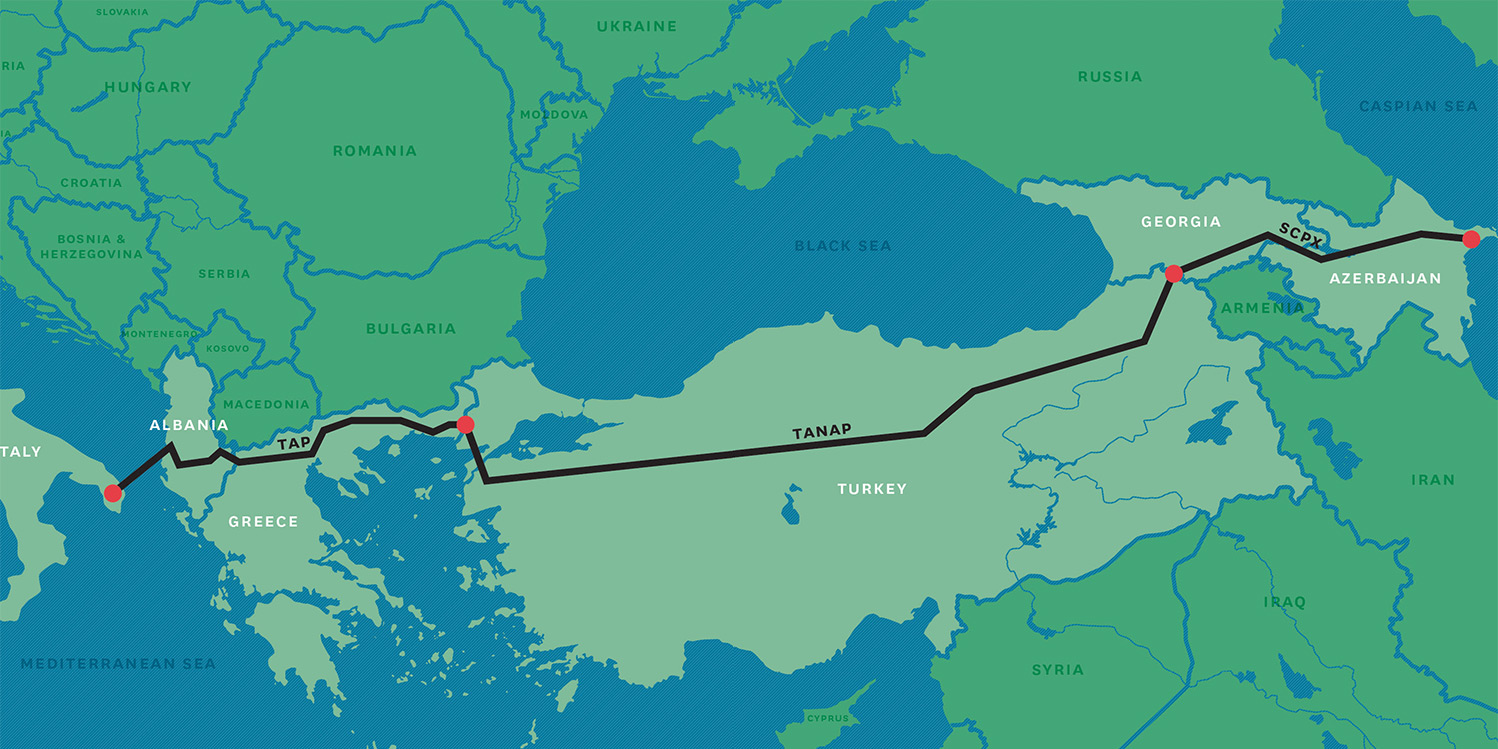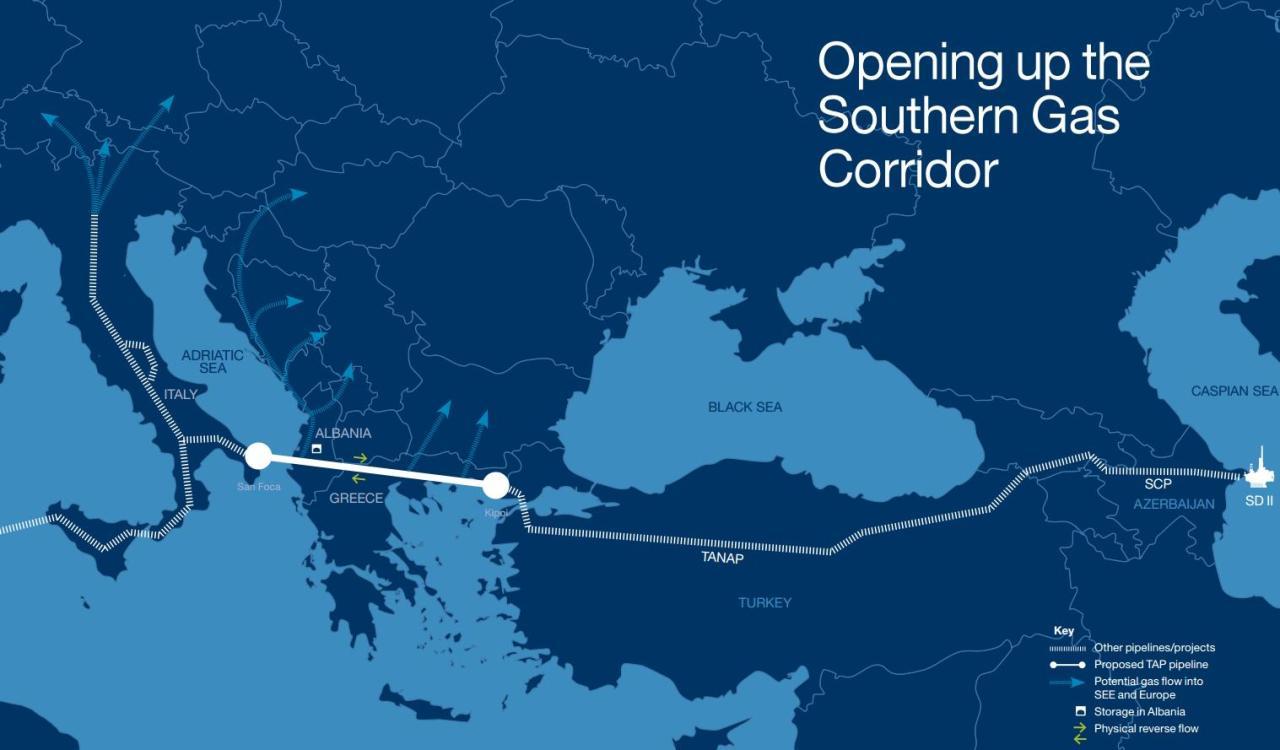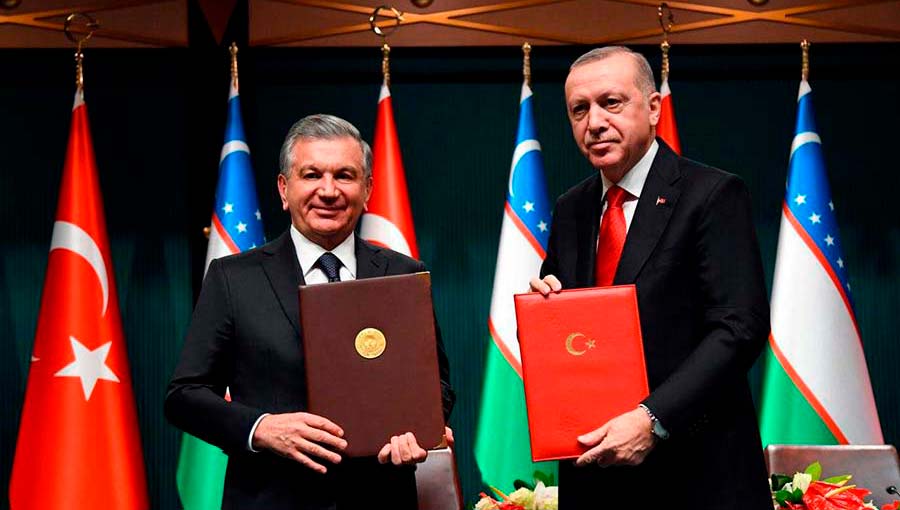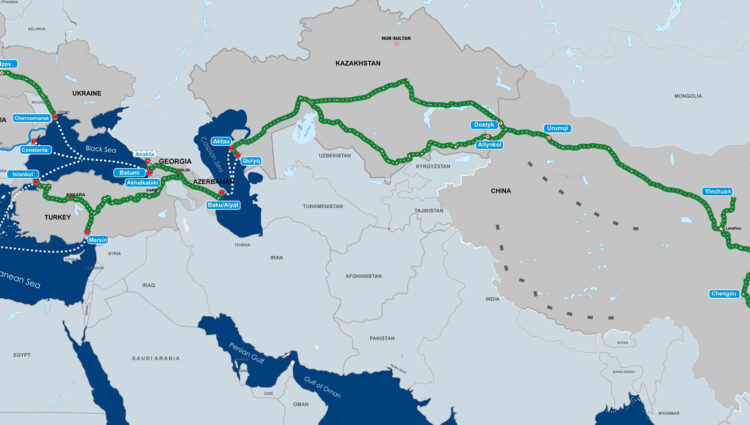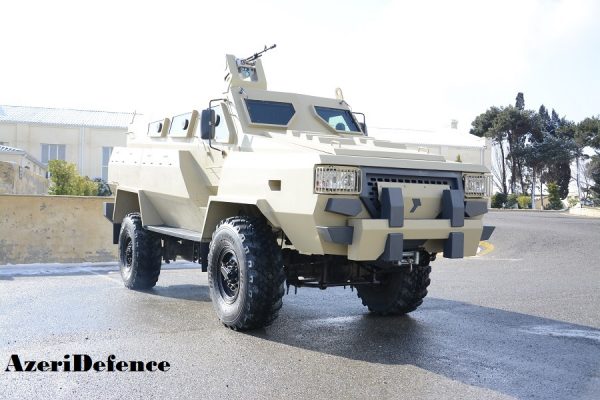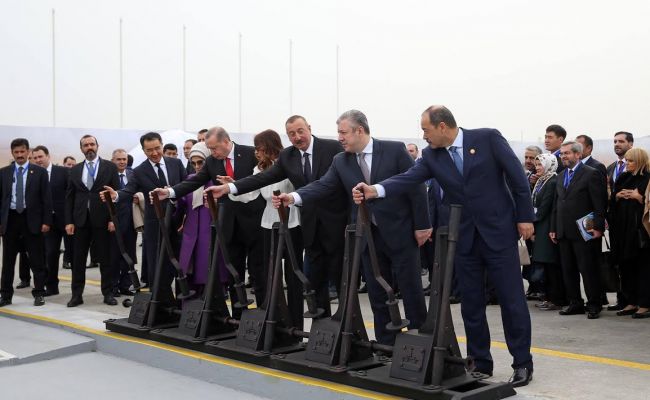Publication: Eurasia Daily Monitor Volume: 15 Issue: 119
The Azerbaijani State Oil Company (SOCAR) announced, on July 27, the formation of a new corporate entity that will oversee the future development of the Ionian-Adriatic Pipeline (IAP) project. The proposed pipeline is designed to deliver Azerbaijani natural gas to Europe—namely to the Balkan region. According to Murad Heydarov, the head of the subsidiary SOCAR Balkan, the announced firm will be set up by the end of this year (AzerNews, Trend, July 27). Although, SOCAR is not a stakeholder in the IAP project, it acts as a technical consultant and manages the future design of the pipeline between the Albanian cities of Fier and Vlora. This project will represent the first time that SOCAR will undertake engineering services in the Western Balkans.

